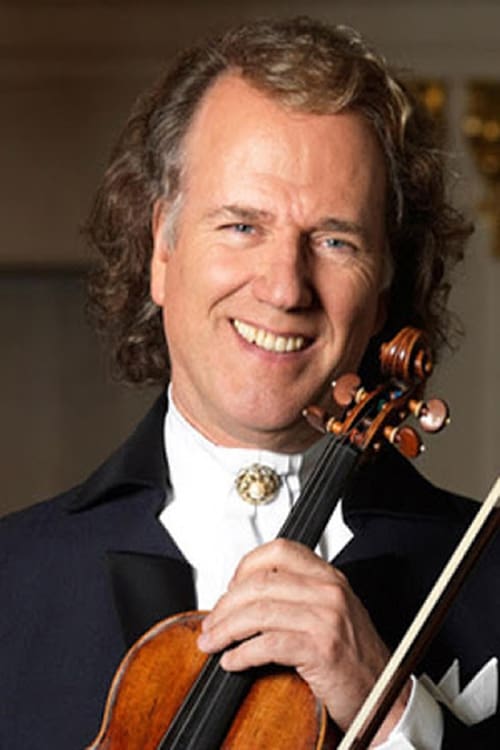André Rieu - New York Memories (2006)
ジャンル : 音楽
上映時間 : 2時間 40分
シノプシス
1. Seventy Six Trombones 2. The Life of Artists / Künsterleben 3. Blaze Away 4. My Way 5. Dance of the Fairies / Elfentanz 6. Torna a Surriento 7. Funiculi Finicula 8. Godfather Waltz / Der Pate 9. Yackety Sax 10. Amen 11. I Will Follow Him 12. Nun's Chorus / Nonnenchor 13. Amigos Para Siempre 14. I'm Singing in the Rain 15. The Washington Post 16. Oh Happy Day 17. The Music of the Night / Die Musik der Nacht 18. The Beautiful Blue Danube / An der schönen blauen Donau 19. Don't ry For Me Argentina 20. Halleluja 21. Radetzky March / Radetzky Marsch 22. A Bright Young Man / Als Flotter Geist 23. Libiamo 24. Amazing Grace 25. On When the Saints 26. America the Beautiful 27. The Stars and Stripes Forever Bonustracks & Special Features 1. Pie Jesu 2. Take The A Train 3. A Whiter Shade Of Pale 4. Making Of André Rieu at Schönbrunn 5. Teaser
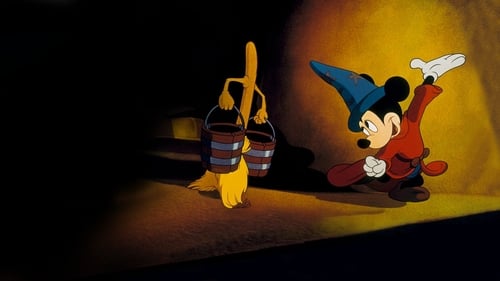
ウォルト・ディズニーが世に贈った数々の長編アニメーション映画の中でも、特に傑作として語り継がれている『ファンタジア』。クラシック・ミュージックの華麗な旋律とめくるめく色彩、そしてダイナミックで時として繊細、優美なモーションの融合は、アニメーション史のみならず映画史上、類を見ない作品として、公開以来つねに人々を魅了し続けてきました。組曲「くるみ割り人形」にのせて繰り広げられる愛らしいマッシュルームのチャイニーズ・ダンス、軽やかに舞うカバのバレリーナとワニたち、「魔法使いの弟子」に扮した人気者ミッキーマウスも夜空の星たちを指揮して大熱演…。画面いっぱいにあふれる夢とファンタジーは、時代を超え色褪せることなく輝き続ける宝石。最新のテクノロジーにより甦った色彩とサウンドが、いま新たなる感動とセンセーションを呼び起こします。
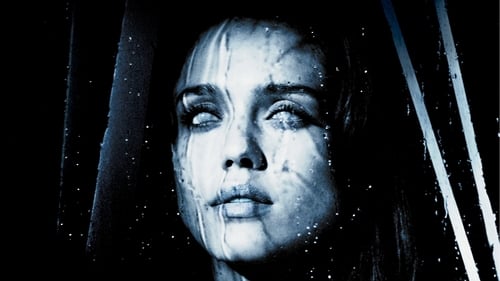
Violinist Sydney Wells was accidentally blinded by her sister Helen when she was five years old. She submits to a cornea transplantation, and while recovering from the operation, she realizes that she is seeing dead people.
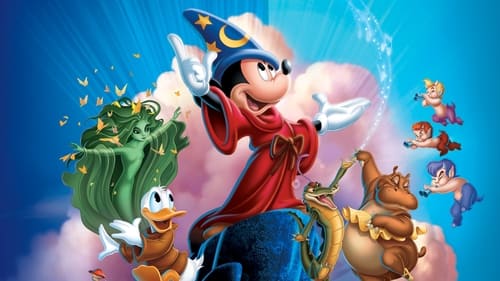
Blending lively music and brilliant animation, this sequel to the original 'Fantasia' restores 'The Sorcerer's Apprentice' and adds seven new shorts.
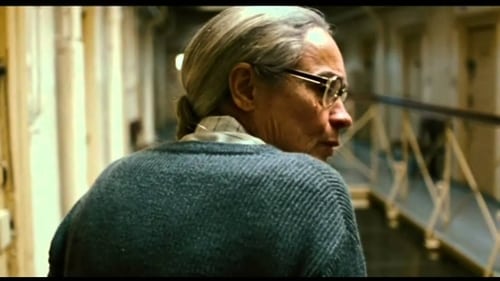
Jenny is young. Her life is over. She killed someone. And she would do it again. When an 80-year-old piano teacher discovers the girl’s secret, her brutality and her dreams, she decides to transform her pupil into the musical wunderkind she once was.
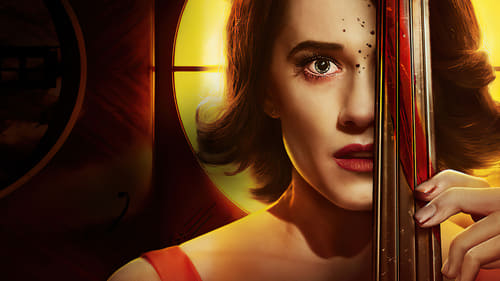
かつて将来を有望視されていたが、母の介護の為にその夢をあきらめるしか無かった天才チェロ奏者が、母の死をきっかけに再び元恩師のもとに行くと、そこには既に成功した若い天才チェロ奏者が居た。

A fictionalised exploration of Beethoven's life in his final days working on his Ninth Symphony. It is 1824. Beethoven is racing to finish his new symphony. However, it has been years since his last success and he is plagued by deafness, loneliness and personal trauma. A copyist is urgently needed to help the composer. A fictional character is introduced in the form of a young conservatory student and aspiring composer named Anna Holtz. The mercurial Beethoven is skeptical that a woman might become involved in his masterpiece but slowly comes to trust in Anna's assistance and in the end becomes quite fond of her. By the time the piece is performed, her presence in his life is an absolute necessity. Her deep understanding of his work is such that she even corrects mistakes he has made, while her passionate personality opens a door into his private world.

The Parrs' baby Jack-Jack is thought to be normal, not having any super-powers like his parents or siblings. But when an outsider is hired to watch him, Jack-Jack shows his true potential.
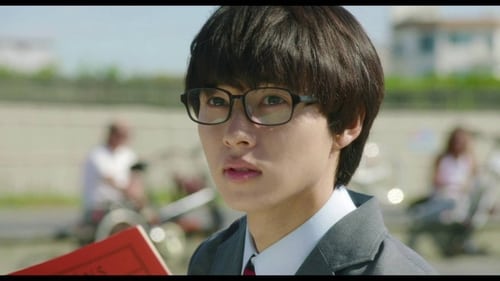
類いまれな才能を持つ天才ピアニスト有馬公生は、母親が他界してから演奏できなくなってしまう。高校2年生のある日、幼なじみを通じて彼は勝ち気で自由奔放なバイオリニスト宮園かをりと出会う。その独創的な演奏に触れたことで、公生は再びピアノと母との思い出と向き合うようになる。一方のかをりは、ある秘密を抱えていた。
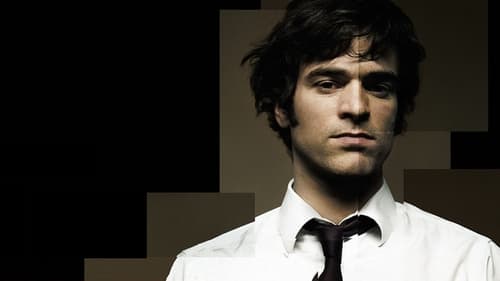
Like his father, Tom is a real estate agent who makes his money from dirty, and sometimes brutal, deals. But a chance encounter prompts him to take up the piano and become a concert pianist. He auditions with the help of a beautiful, young virtuoso pianist who cannot speak French - music is their only exchange. But pressures from the ugly world of his day job soon become more than he can handle.
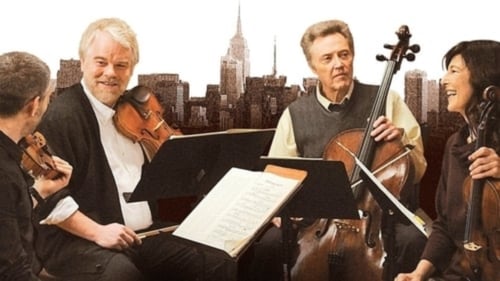
When the beloved cellist of a world-renowned string quartet is diagnosed with a life threatening illness, the group's future suddenly hangs in the balance as suppressed emotions, competing egos and uncontrollable passions threaten to derail years of friendship and collaboration. As they are about to play their 25th anniversary concert — quite possibly their last — only their intimate bond and the power of music can preserve their legacy.

Solange is depressed: she's stopped smiling, she eats little, she says less. She has fainting fits. Her husband Raoul seeks to save her by enlisting Stephane, a stranger, to be her lover. Although he listens to Mozart and has every Pocket Book arranged in alphabetical order, Stephane fails to cheer Solange. She knits. She does housework. Everyone, including their neighbor a vegetable vendor, agrees that she needs a child, yet she fails to get pregnant by either lover. The three take a job running a kids' summer camp where they meet Christian, the precocious 13-year-old son of the local factory manager. It is Christian who restores Solange to laughter
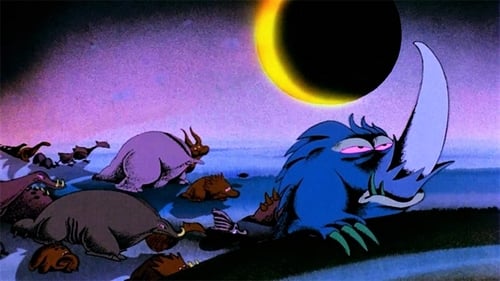
The film is a parody of Disney's Fantasia, though possibly more of a challenge to Fantasia than parody status would imply. In the context of this film, "Allegro non Troppo" means Not So Fast!, an interjection meaning "slow down" or "think before you act" and refers to the film's pessimistic view of Western progress (as opposed to the optimism of Disney's original).

のだめ(上野樹里)と千秋(玉木宏)は、しばらくの間お互いに距離を置くことを決める。そんな折り、千秋の元にピアニストの孫Rui(山田優)との共演話が持ち込まれる。その演奏曲であるラヴェルの「ピアノ協奏曲ト短調」は、のだめが千秋との演奏を熱望した曲だったが、二人の圧倒的な演奏に打ちのめされたのだめは激しく落ち込む。
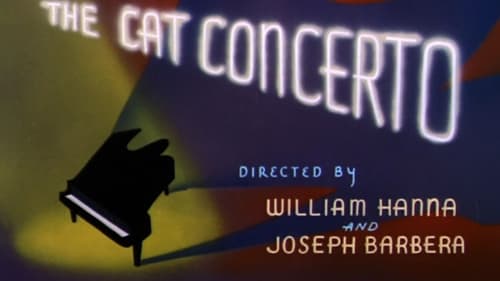
Tom enters from stage left in white tie and tails, sits at the piano, gets his focus as the orchestra in the pit beneath him warms up, and begins to play Liszt's "Hungarian Rhapsody". Unbeknownst to Tom and the audience, Jerry is asleep across several of the high-note keys inside the instrument, so Tom's playing eventually wakes him. Jerry is pummeled by hammers, bounced by wires, and squeezed by Tom as the cat tries to play the concerto while dispensing with Jerry. Jerry's defensive antics add to the brio of the program and answer Tom with Jerry's own skillful musical attack. By the concerto's end, the duet leaves only one animal standing for the audience's applause.

目指せ、全国。 吹奏楽部での活動を通して見つけていくかけがえのないものたち。 これは、本気でぶつかる少女たちの青春の物語。 【Introduction】 高校の吹奏楽部を舞台に繰り広げられる人間ドラマ、 そして繊細かつダイナミックな演奏シーンが話題となり、 多くの人々から支持を集める「響け! ユーフォニアム」シリーズ。 そんなシリーズの完全新作『劇場版 響け! ユーフォニアム~誓いのフィナーレ~』 ――久美子先輩って優しいですね。 主人公・黄前久美子が2年生に進級し、吹奏楽部へ「後輩」たちがやって来る。 一筋縄ではいかない後輩との関係を通して、久美子が得たものとは――。

1779. Eight-year-old Ludwig van Beethoven, called "Louis", is already known as a musical prodigy. He learns to go his own way - much to the dismay of the people around him. Some years later, he meets Mozart during times of political upheaval. The unconventional genius and French Revolution are sparking a fire in Louis' heart; he doesn't want to serve a master - only the arts. Facing times of family tragedies and unrequited love, he almost gives up. However, Louis makes it to Vienna to study under Haydn in 1792, and the rest is history. Who was this man, whose music has since touched countless hearts and minds? At the end of his life, the master is isolated by loss of loved ones and hearing. Surely though, he was way ahead of his times.
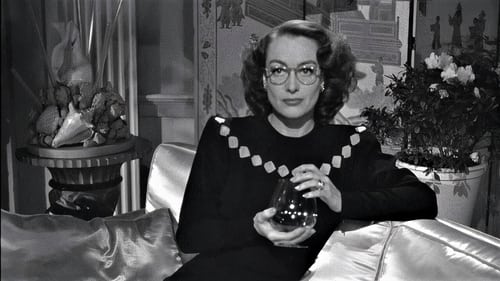
A classical musician from a working class background is sidetracked by his love for a wealthy, neurotic socialite.
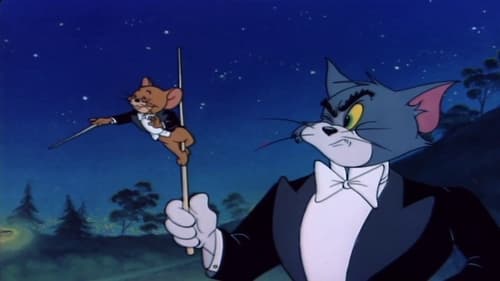
Tom is conducting a symphony at the Hollywood Bowl when Jerry comes out to co-conduct.
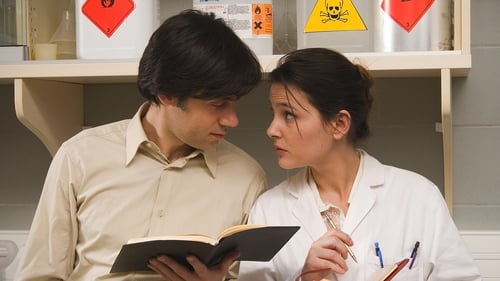
When Gabriel and Emilie meet by chance, he offers her a ride, and they spend the evening talking, laughing and getting along famously. At the end of the night, Emilie declines Gabriel's offer of "a kiss without consequences". Emilie admonishes him that the kiss could have unexpected consequences, and tells him a story, unfolding in flashbacks, about the impossibility of indulging your desires without affecting someone else's life.

A Corny Concerto is an American animated cartoon short produced by Leon Schlesinger Productions and distributed by Warner Bros. It was directed by Bob Clampett, written by Frank Tashlin, animated by Robert McKimson and released as part of the Merrie Melodies series on September 25, 1943. A parody of Disney's 1940 feature Fantasia, the film uses two of Johann Strauss' best known waltzes, Tales from the Vienna Woods and The Blue Danube, adapted by the cartoon unit's music director, Carl Stalling and orchestrated by its arranger and later, Stalling's successor, Milt Franklyn. Long considered a classic for its sly humor and impeccable timing with the music, it was voted #47 of the 50 Greatest Cartoons of all time by members of the animation field in 1994

